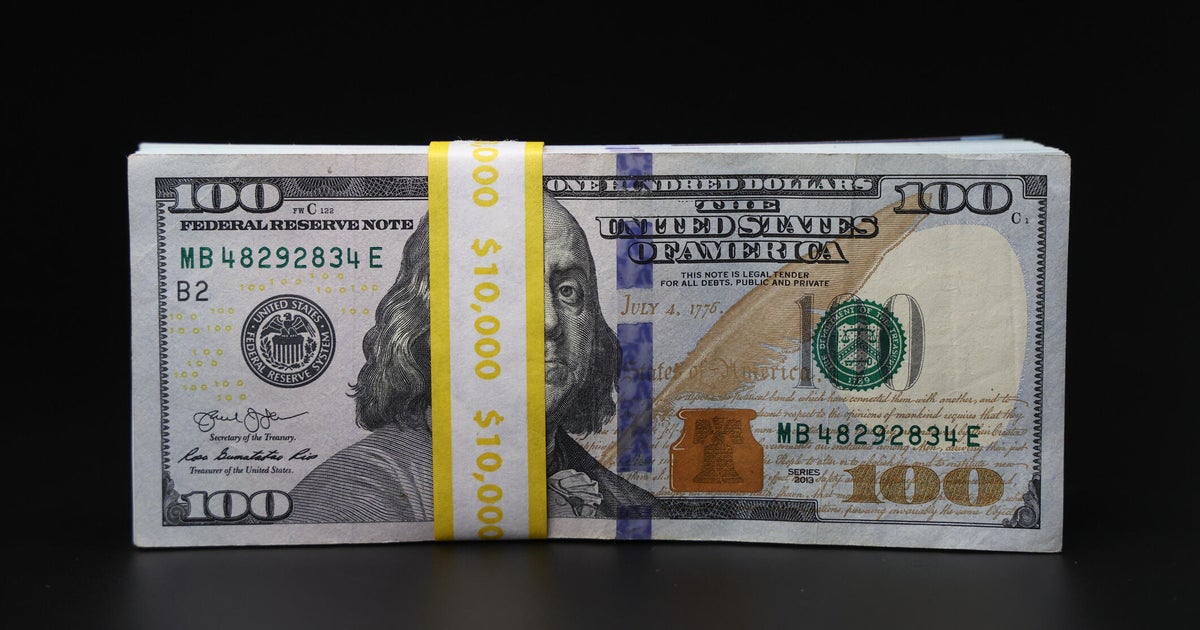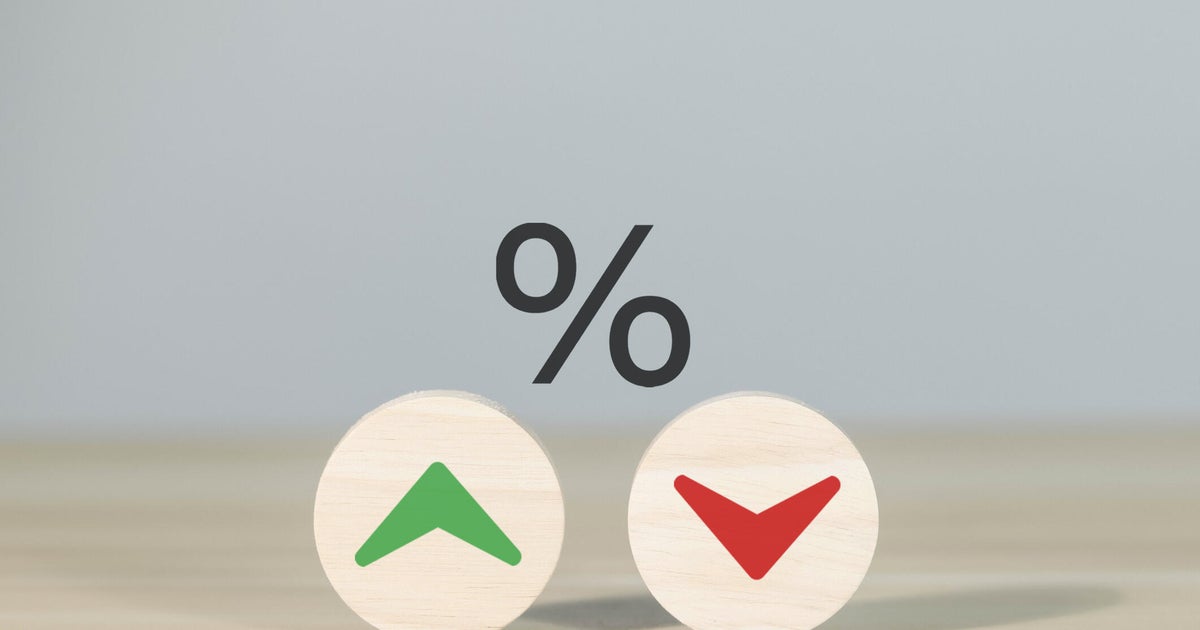Should I deposit $5,000 into a CD or savings account?
Inflation is persistent, interest rates are high and there are signs that they could be heading even higher next month — and later this year. While this isn't great news for borrowers, it has had some positive effects for savers, namely with the interest rate they can currently secure with their savings accounts.
By depositing some, or most, of their money in a high-yield savings or certificate of deposit (CD) account, savers can earn exponentially more interest than they would have by leaving it in a regular savings account. Regular savings accounts currently come with a rate of 0.42% APY. But rates on high-yield savings accounts are upward of 4.50%, while it's possible to open a CD with a rate of 5.20% or better right now.
That said, while interest rates are the flashy attraction, they shouldn't necessarily be the only factor determining where you invest your money. This is especially true for larger deposits, as the account you ultimately use will determine how much you make — and when you can access it.
Should I deposit $5,000 into a CD or savings account?
While the ultimate decision is a personal one based on multiple factors, there are benefits to depositing $5,000 into both a CD or savings account. Here's what to know.
When you should deposit $5,000 into a CD
You should put your $5,000 into a CD when your ultimate goal is to earn as much interest as possible. While competitive, high-yield savings accounts generally don't offer as high an interest rate as CDs do.
You can likely secure the very highest rate by opening a short-term CD with an online bank. Online banks usually offer higher interest than their brick-and-mortar competitors. And, rates on short-term CDs are bucking the historical trend and are typically higher now than longer-term CDs.
You should also consider depositing $5,000 into a CD instead of a high-yield account if you're looking for security and predictability. Security comes naturally with CDs, as your money will be locked away for the full duration of the term (and will be FDIC-insured up to $250,000 per account).
This can let your money grow without the constant cycle of deposits and withdrawals it may have otherwise been subjected to. It's also a great way to predict your returns, as the interest rate you open your CD with will remain the same for the full term, regardless of any unfavorable rate changes during the CD term.
For all of these reasons, a $5,000 deposit into a CD may make sense for you now. It's easy to get started here.
When you should deposit $5,000 into a savings account
While it's not worth it to put $5,000 into a regular savings account currently, there are multiple reasons why you may want to put it into a high-yield one, particularly when matched up against a CD.
For starters, the interest rate on a high-yield savings account is variable. So if you think interest rates are likely to increase yet again, this may be the better alternative. That way, you'll be better positioned to take advantage of the higher rate (versus the CD locked in at the rate it was opened with).
High-yield savings accounts also offer the flexibility CDs do not. You'll be able to access and move your money just as you would with a regular account, all while earning that higher rate. This access could be crucial, particularly if you can't afford the "set it and forget it" mentality required to successfully complete a full CD term.
High-yield savings accounts also tend to come with fewer fees than other savings accounts and, unlike a CD, you won't be subject to a penalty for taking your money out "early" as it will always be accessible.
So, if these benefits sound advantageous for your personal financial situation, it may be worth putting your $5,000 into a high-yield savings account instead. Get started here today!
The bottom line
Both CDs and high-yield savings accounts have unique benefits for savers. But it pays to do your research before making a $5,000 deposit or higher. If you make the wrong investment choice, you could wind up getting penalized all (or most) of the interest you otherwise would have earned. Start exploring your high-yield savings and CD account options here to determine the best path forward for your money.




